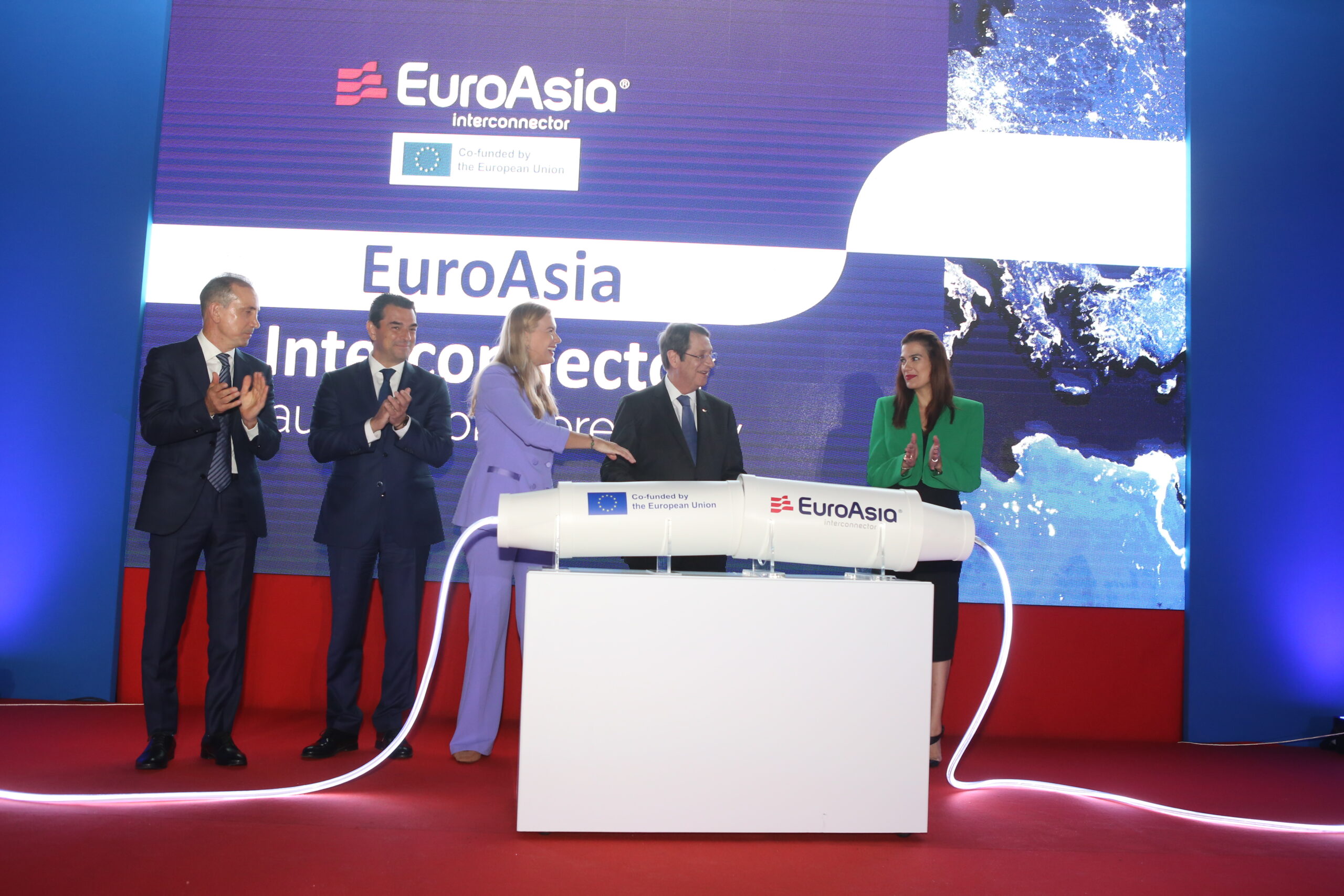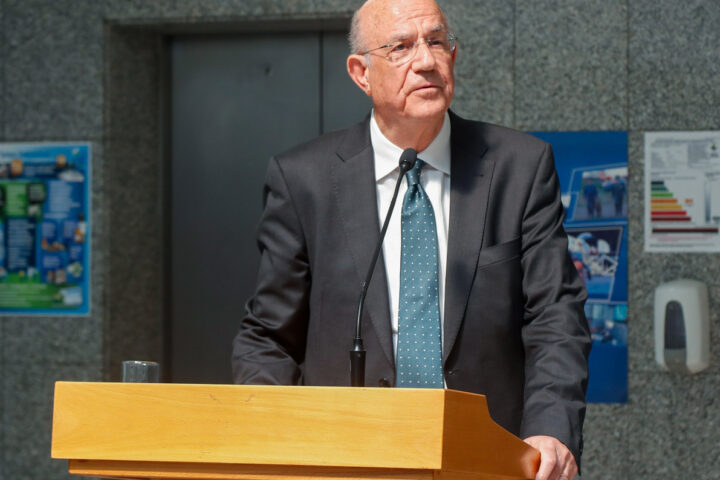The construction launch of the EU-backed EuroAsia electricity interconnector has triggered fears among Turkish Cypriots that they are left solely dependent on its notoriously faulty grid.
The Turkish Cypriot Energy Efficiency Association, a non-governmental organisation, made up of energy experts in the north, is urging the north to demand from Brussels the right to plug into the EuroAsia Interconnector “without political preconditions”.
Talking to the Turkish Cypriot site Bugun, the head of the association, Gorkem Celik, went a step further, saying that works on infrastructure that will allow the occupied north’s connection to the EuroAsia Interconnector should be launched immediately.
He argued that authorities should wait until 2026, when the interconnection between Cyprus and Greece is completed.
“I think we need to be more enterprising and claim participation in the EuroAsia Interconnector, which would also mean directly linking the Turkish Cypriot community to the European Interconnection System without paying any money,” Celik said.
He added: “I think that such a connection, implemented with considerable financial support from the EU, must apply not only for the Greek Cypriot side but for the whole island and, of course, the Turkish Cypriot side.”
Celik noted that becoming part of the European electricity network will go a long way in ensuring energy security for the north, which suffers from almost daily power cuts due to its notoriously unreliable grid and power plants.
“One of the biggest problems of isolated island grids is ensuring the stability of their networks,” he said.
“Interconnections are an important prerequisite to benefit more from renewable energy sources”.
Netting
Celik said the two sides had been interconnected since 2016, while a Confidence Building Measure agreed upon between the leaders of the two communities saw the introduction of a netting arrangement.
The netting agreement meant that the two sides could trade electricity at times of need without paying cash.
It is understood that Turkish Cypriots are concerned that Cyprus’ interconnection with the European grid will leave them exposed, as their isolated grid is outdated.
With peace talks stagnated since 2017, combined with a change in the Turkish Cypriot leadership and its clear orientation towards a two-state solution, relations between the two sides are frosty.
Turkish Cypriots worry that given the political deadlock, the interconnection of the Republic of Cyprus to a broader European grid would mean decoupling the island’s synchronised power systems.
Furthermore, the much-awaited interconnection with Turkey’s grid seems to have been buried, as no progress has been made in recent years besides a feasibility study.
The EuroAsia Interconnector will link the electricity grids of Cyprus, Israel, and Europe.
The 1,000MW interconnector planned to double in capacity during the next phase to 2,000MW has secured a Commission grant of €658 mln and a further €100 mln from the Recovery and Resilience Fund.
Construction is expected to be completed by the end of 2027, with global giants Siemens and Nexans constructing the high voltage direct current (HVDC) converter stations and the subsea cable, respectively.
The project will also help Cyprus meet its targets to drastically reduce CO2 emissions in power generation and fulfil the European obligation to become a fully interconnected market, currently the only EU member with no electricity interconnections.










